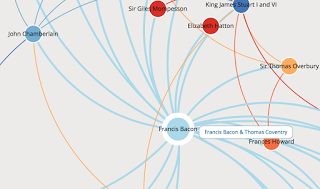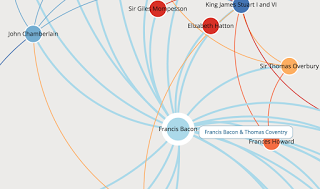Sir Ian McKellen doesn’t think you should read Shakespeare.
Sir Anthony Hopkins does.
How great is it that we can actually have a conversation that starts this way? Both actors are starring in The Dresser, and there’s plenty of articles coming out where both are interviewed.
McKellen: “I don’t think people should bother to read Shakespeare. They should see him in the theatre! Reading just reduces him to an examination subject.”
In the joint interview, Sir Anthony urged actors to read “anything you can get your hands on” and took a less rose-tinted view of acting in the theatre.
Now, let’s be clear. This is not a black and white topic. I think that if someone has the option, then of course you need to go see live theatre every chance you get. I’ve always taken issue with the idea that it has to be one or the other, as if there’s teachers out there saying, “Well we have a chance to go see the Royal Shakespeare Company person Othello, but we’re just going to read it instead.” If you find those people, then absolutely, gouge out their eyes and read King Lear to them.
But if you see it, and you love it, and you say “I want to do everything I can to get closer to the material”, then isn’t reading it (and everything about it) the logical option? In fact, say that the thing you want most is to perform Shakespeare. They’re doing Macbeth next. So what do you do, exactly? Do you run and watch every version of it you can find? Or do you, I dunno…..read it?
If you *want* to read Shakespeare, read Shakespeare. Anyone who tries to talk you out of it has missed the point. Period.


